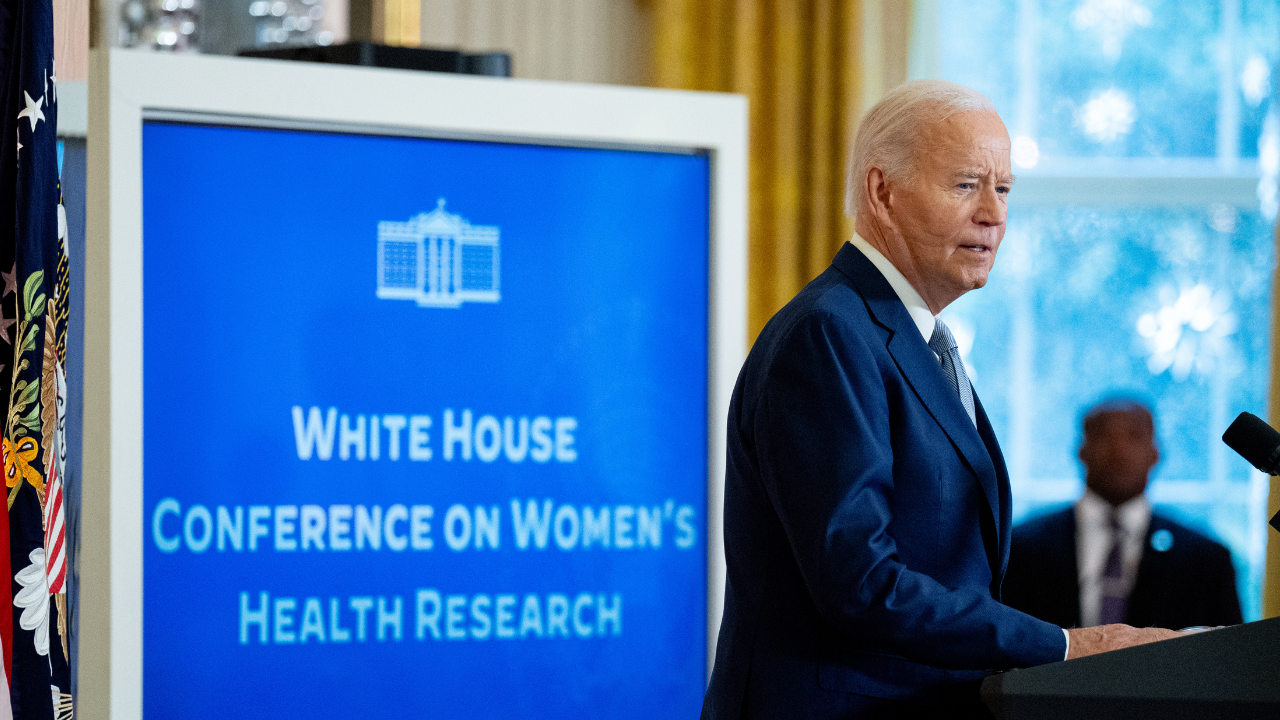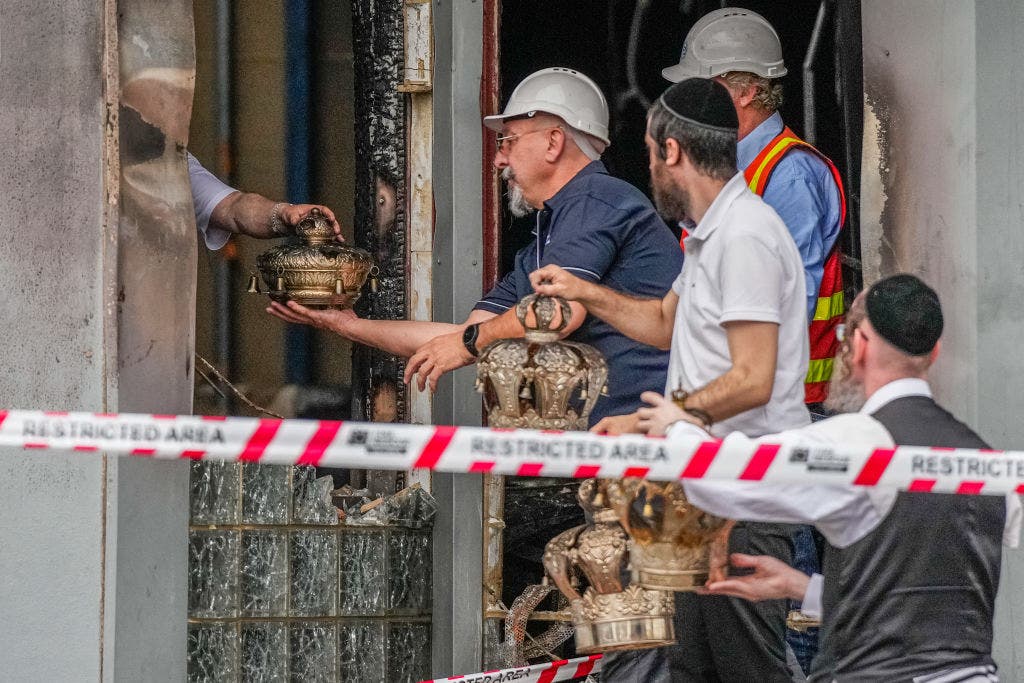Posted on Thursday, December 12, 2024
|
by Ben Solis
|
15 Comments
|
This past weekend, President-elect Donald Trump was present for the re-opening of the famed Notre Dame cathedral in Paris, France, which tragically caught fire in April 2019. As Trump received congratulations on his election victory from world leaders beneath the awe-inspiring grandeur of the restored cathedral, the event seemed to mark a symbolic turning point for not just the United States, but the entire Western world – the opening of a new era of hope and optimism through rebuilding and restoring ancient traditions.
Far from the international outcast that he was treated as following his first election in 2016, Trump arrived at Notre Dame with almost the air of a conquering hero. Even First Lady Jill Biden was photographed appearing to engage in a bit of banter with the 45th and 47th president.
The triumphant mood was echoed in the reciting of the Te Deum hymn, an ancient melody originating in the 4th century that evokes a joyous mood. One chant in particular, which emphasizes seeking God’s mercy, seemed to take on deeper meaning amid the historical context of the event:
“Save your people, Lord, and bless
your inheritance.
Govern and uphold them now and always.
For we put our trust in you.”
After decades in which the cultural left has worked to eradicate all notion of Western traditions, faith and religion chief among them, the re-opening of Notre Dame was a reminder that those traditions, and Christianity in particular, remain a core part of the West’s identity. Moreover, those traditions and the great monuments and works of art they gave rise to still hold the power to stir the hearts of citizens and leaders alike.
The re-opening of Notre Dame was in this sense the latest chapter in an ongoing peaceful counter-revolution quietly taking place throughout the West, with conservative values creeping back into the mainstream. While Notre Dame is a cultural and religious embodiment of this counter-revolution, Trump’s re-election was a watershed moment in the political realm.
In order to understand the significance of Trump’s victory within the context of Western history, it is important to first understand who, or rather what, he defeated.
In truth, the 2024 election was not just about Trump vs. Vice President Kamala Harris, or even about Trump’s “America First” agenda vs. the far-left policy prescriptions of the Democrat Party. In a broader sense, Trump’s struggle was about the power of the people vs. the elites and the ruling class. It was about the ability of everyday men and women to have a say in what type of country they want to live in – what principles will underpin the government, and what values their children will grow up learning.
For decades, throughout the West as in the United States, a select few elites have imposed their values on the majority of the population, ensuring that every institution, from the courts to schools and the media, is weaponized to silence any dissent. These elites promoted globalization and open borders at the expense of domestic workers, diminishing national cultures in favor of one homogenized global identity.
For these elites, traditions and customs are obstacles to “progress” – even traditions like freedom of speech, religious liberty, and the right of every man and woman to keep what he or she has earned.
The disdain of the elites for the beliefs, hopes, and dreams of everyday people has now become too obvious to ignore. First it was Barack Obama slandering “bitter” voters in the Midwest who “cling to guns or religion.” Then it was Hillary Clinton smearing Trump supporters as a “basket of deplorables” and Biden calling that same group “garbage.”
Voters rejected this regime by electing Trump in 2016 and may have finally vanquished it by re-electing him on November 5, marking the beginning of a new post-liberal chapter in the history of the West.
Austrian historian and philosopher Bruno Siegfried von Affelberg told me that Trump’s “Make America Great Again” slogan carries great influence beyond the United States, as it calls for restoring the virtue of a citizenry to make republican government possible. Von Affelberg even compared the idealism of Trump’s famous motto to the “aesthetic nature of medieval cathedral architecture” in that both are designed to inspire greatness in a population.
As Professor von Affelberg explained, the construction of Notre Dame “symbolized God’s authority over human powers.” In the same way, Trump’s victory forced the elites to face the reality that the people would have the final say in determining their political and economic future. The people will only allow the ruling class to trample their hard-won liberties so long.
For the global left of a decade ago, the sight of Trump commemorating the re-opening of a great European cathedral – and what that spectacle represents – would no doubt be a shock to the senses. But Trump has ushered in the rise of a powerful movement that promises to reshape the history of not just the United States, but the entire Western world.
Ben Solis is the pen name of an international affairs journalist, historian, and researcher.
Read the full article here









